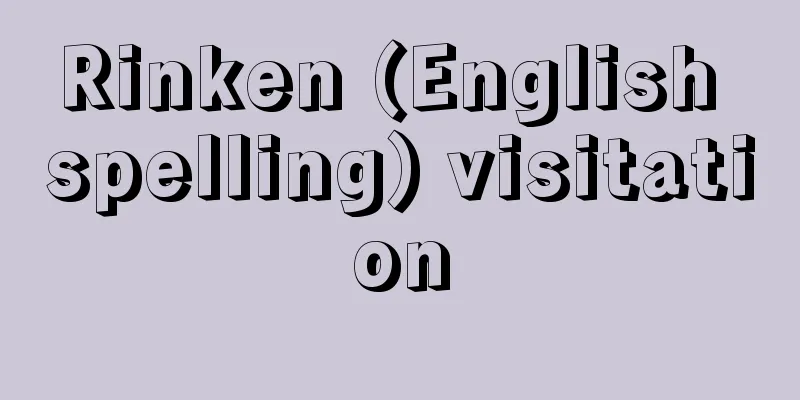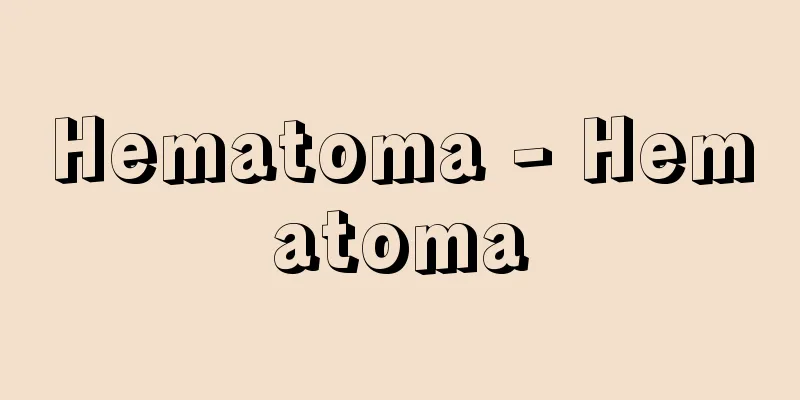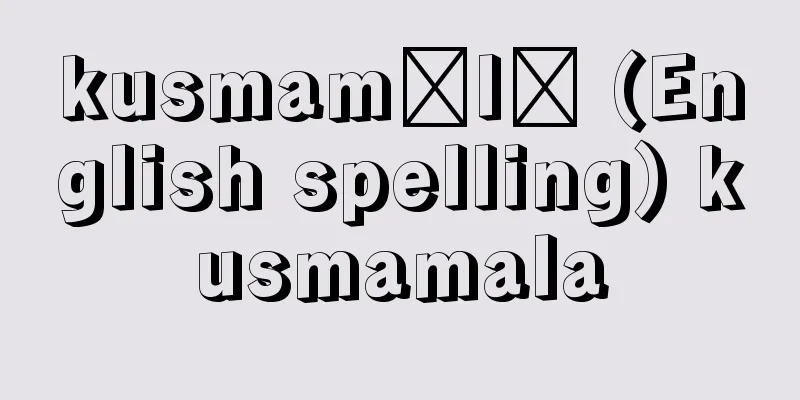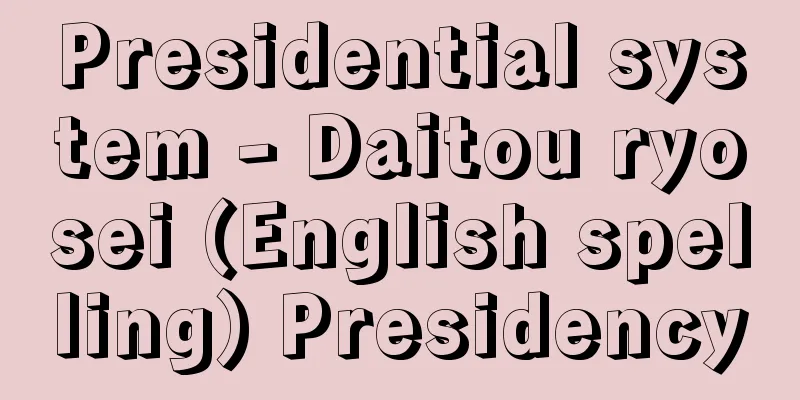Rinken (English spelling) visitation

|
When a ship or its crew or passengers are suspected of committing a violation, a warship or other public vessel will dispatch a boarding officer and his/her assistants to the suspect ship to inspect and investigate the ship's documents (ship's nationality certificate, ship's inspection certificate, seaworthiness and safety certificate, logbook, crew list, etc.), passenger list, cargo manifest, etc., to confirm whether or not a violation has occurred. If suspicion remains after the documents have been inspected, further inspections of the crew, passengers, cargo, etc. may be conducted on board. The latter is sometimes broadly included in boarding, and sometimes interpreted as a separate act as boarding and search. In peacetime, a warship that encounters a foreign merchant ship on the high seas may board the merchant ship only if there is sufficient evidence that the merchant ship is (1) committing piracy, (2) engaged in the slave trade, or (3) flying a foreign flag or refusing to display the flag of a foreign ship but is actually suspected of being of the same nationality as the warship. Within the territorial sea, contiguous zone, exclusive fishing zone, and economic zone, public vessels of the coastal state may inspect foreign vessels if they are suspected of violating the laws of the coastal state that require foreign vessels to comply with the laws of the coastal state in those waters. In time of war, if a neutral vessel is suspected of breaking the blockade, transporting prohibited goods, or providing military assistance, a belligerent state may stop and inspect the vessel. However, inspections may only be conducted on the high seas or within the territorial waters of a belligerent state; inspections in the territorial waters of a neutral state are not permitted. If the ship does not comply with the inspection, they will be forced to do so by firing blank shots or live ammunition at the bow, and if they still do not comply, they will be forced to do so by firing guns at the masts and other parts of the ship. If there is sufficient suspicion, the ship will be seized and taken to the warship's home port, where it will be examined and then captured. If the suspicion is cleared after the inspection, this will be noted in the ship's logbook and the ship will be released. Inspections are also conducted by military aircraft and of aircraft. In recent administrative law studies, inspections are called on-site inspections, and in academic circles they are explained as administrative investigations or immediate enforcement. [Shigeki Miyazaki] [References] | | | |Source: Shogakukan Encyclopedia Nipponica About Encyclopedia Nipponica Information | Legend |
|
船舶またはその乗員、乗客に違反行為があると疑われる場合に、軍艦その他の公の船舶が臨検士官およびその補助員を嫌疑船舶に派遣、乗船させ、その船舶の船舶書類(船舶国籍証書、船舶検査証書、堪航・安全証明書、航海日誌、乗員名簿など)、乗客名簿、積荷目録などを点検調査し、違反行為の有無を確かめることをいう。書類を検閲したあともなお嫌疑があるときは、船内においてさらに乗員、乗客、積荷等の検査を行うことができる。後者を広義で臨検に含める場合と、臨検・捜索として、別個の行為と解する場合とがある。平時、公海において外国商船と遭遇した軍艦がその商船の臨検をなしうるのは、その商船が、(1)海賊行為を行っていること、(2)奴隷取引に従事していること、(3)外国の旗を掲げまたはその船舶の旗を示すことを拒否したが、実際にはその軍艦と同一の国籍と疑われること、の十分な根拠が必要である。 領海、接続水域、排他的漁業水域、経済水域内においては、沿岸国の公船は、当該水域において外国船舶が従うべき沿岸国の法令に違反したと疑われる場合、臨検しうる。戦時においては、中立国船舶が封鎖侵破を行い、または、戦時禁制品の輸送または軍事的幇助(ほうじょ)を行っている疑いがある場合に、交戦国は、その船舶を停船させ、臨検することができる。もっとも、それは、公海または交戦国領海内に限り、中立国領海での臨検は許されない。 臨検に応じない場合は、空砲発射、船首前方への実弾発射、さらに応じない場合は檣(マスト)などへの船体砲撃などの実力行使により強制し、嫌疑十分と認めれば、拿捕(だほ)して軍艦の本国港に引致し、審検のうえ捕獲する。臨検のうえ嫌疑が晴れたときは、その旨船舶日誌に記入して釈放する。臨検は、軍用航空機により、また航空機に対しても行われる。 なお、臨検は、最近の行政法学上では立入検査とよばれ、講学上は行政調査ないし即時強制として説明される。 [宮崎繁樹] [参照項目] | | | | |出典 小学館 日本大百科全書(ニッポニカ)日本大百科全書(ニッポニカ)について 情報 | 凡例 |
<<: Ringo (apple) - Malus pumila; apple; crab
Recommend
Catheterization - Dounyo
〘 noun 〙 A catheter is inserted into the bladder t...
Ogowe [River] - Ogowe
The Congo River is 1,200 km long and flows north-w...
Shinsengumi (Shinsengumi) - Shinsengumi
The Roshigumi was formed in Edo in 1862 to control...
Rice gruel - Shitogi
〘Noun〙 Rice cakes offered to the gods. Steamed glu...
Kaoru Osanai - Kaoru Osanai
Director, playwright, novelist. Born in Hiroshima...
Ambālā (English spelling) Ambala
...In the historical "Central Plains" o...
Anapaistos - Anapaistos
… [Metre, or poetic foot] A step (also called a f...
Anaximenes - Anaximenes
Ancient Greek philosopher. Born in Miletus, a cit...
White House
Officially, it refers to the presidential residenc...
Reticulum - Reticulum
A constellation that can be seen low in the south...
Op - Op
…Next to the Changdeoktae, the land god T'ŏju...
Limonene - Limonene (English spelling)
It is a monocyclic monoterpene hydrocarbon that h...
Flavius Gratianus
359‐383 Roman Emperor. Reigned 367-383. Son of Val...
Fujimi [town] - Fujimi
A town in Suwa District, eastern Nagano Prefecture...
"I can't help but love you" - I can't help but love you
...After many attempts, in 1954 he created his ow...









